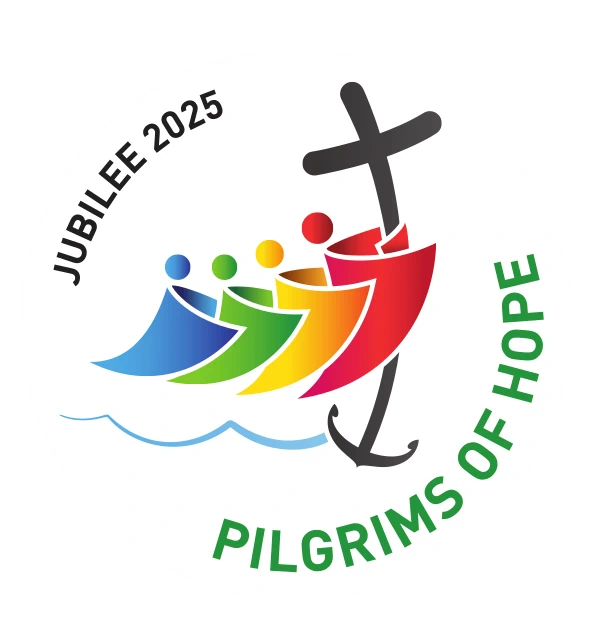Science
Our Statement of Intent
At English Martyrs we adapt of the White Rose Science schemes of learning to support our Science curriculum through carefully sequenced units of work to help build children’s understanding of the world around them.
At our school, the science curriculum is built around the principles of the White Rose Science Scheme, aiming to develop scientifically literate students through a carefully structured and progressive learning journey. We seek to ignite curiosity and foster a love of learning by providing all children with the knowledge and skills they need to understand the natural world.
We aim to:
- Build a strong foundation of core scientific knowledge and concepts, progressing systematically from year to year.
- Encourage children to think critically, ask insightful questions, and develop an inquisitive mindset that promotes problem-solving.
- Use hands-on, practical learning experiences that allow children to observe, explore, and experiment in a meaningful way.
- Ensure a deep understanding of scientific concepts by revisiting topics, reinforcing learning, and connecting knowledge to real-world contexts.
- Develop scientific skills such as observation, prediction, recording, analysis, and evaluation through clear, structured progression.
- Make cross-curricular links, showing students how Science interacts with other subjects like maths, geography, and technology.
- Promote inclusivity by ensuring all children, regardless of their starting point, have access to an ambitious and engaging science curriculum.
- Embed sustainability within our science learning to ensure pupils understand the important part that Science plays in preserving our planet
- Ensure the Key science domains of Biology, Chemistry and Physics are explicitly taught to enable children to contextualise their learning.
At English Martyrs’ scientific enquiry skills are embedded in each topic the children study and these topics are revisited and developed throughout their time at school e.g. plants are taught in Key Stage 1 and again in further detail throughout Key Stage 2. By coherently planning and sequencing our science curriculum, this model allows children to build on their prior knowledge, increase their enthusiasm for topics whilst embedding this procedural knowledge into the long term memory.
By carefully mapping out our intended Basic, Advancing and Deep composite knowledge aims for each unit of work within each key stage, we strive to create confident, independent learners who are not only scientifically knowledgeable but are also well-equipped to apply their understanding in everyday life and future learning.
For full details, please download the attached document

I am text block. Click edit button to change this text. Lorem ipsum dolor sit amet, consectetur adipiscing elit. Ut elit tellus, luctus nec ullamcorper mattis, pulvinar dapibus leo.



